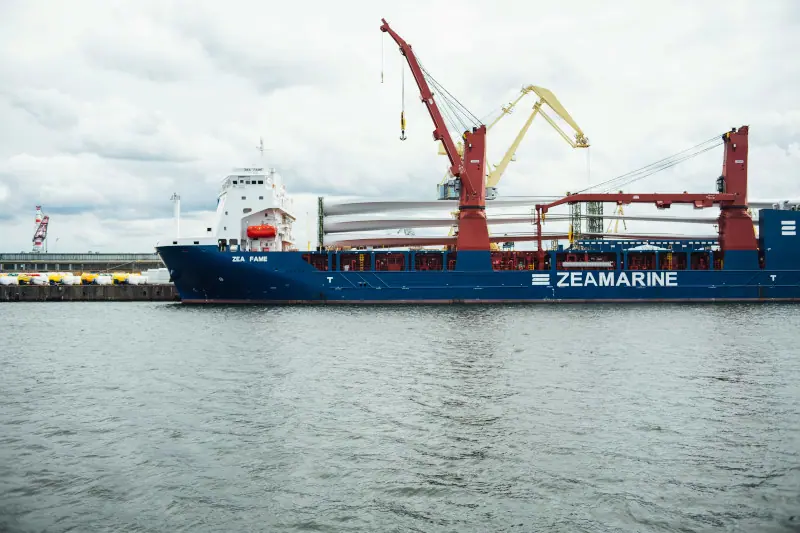President Donald Trump has ordered a national security probe into all U.S. critical mineral imports in a bold move that escalates his ongoing trade war.
If that sounds like a big deal, that’s because it is. This isn’t just another tariff tantrum.
It is a high-stakes power play targeting China’s dominance in the global minerals market, and it’s sending shockwaves through commodities, energy, tech, and defense sectors alike.

Trump Signed an Executive Order
This order directs Commerce Secretary Howard Lutnick to launch a full-blown investigation under Section 232 of the Trade Expansion Act, the same law Trump used to slap 25% tariffs on steel and aluminum during his first term.
This time, the focus is squarely on critical minerals like Nickel, Cobalt, rare earth elements (all 17 of them), Uranium, and yes, lithium and copper too.
Why? Because the U.S. is painfully reliant on foreign, especially Chinese, suppliers for these essential building blocks of modern life, such as EVs, fighter jets, solar panels, smartphones, and semiconductors.
The China Factor
China controls the production or processing of 30 of the 50 critical minerals identified by the U.S. Geological Survey.
That grip isn’t loosening either. In fact, Beijing recently curtailed rare earth exports in response to Trump’s earlier tariffs.
This probe is Trump’s answer. His administration argues this dependency puts the U.S. at risk, not just economically, but militarily and strategically.
The goal? Hit back hard, build up domestic mining and refining capacity, and reduce reliance on what officials are calling a “single state actor.”
This May Be Your Signal
This could be a huge catalyst for U.S.-based critical mineral plays and allied suppliers.
Stocks in mining, processing, and battery tech sectors are already seeing movement.
The policy push could drive massive investment in domestic mineral production, create tariff carve-outs for trusted allies like Australia and Canada, and boost prices of U.S.-friendly suppliers.
If you’re holding shares in U.S. critical minerals startups or looking at Australia-based exporters like Australian Strategic Materials (ASM), this is your signal.
Within the Next 180 days
Commerce Secretary Lutnick will report back with findings and potential tariff recommendations.
If implemented, tariffs on critical minerals could override the reciprocal tariffs Trump announced earlier this month.
That means more friction in global trade, higher raw material costs for U.S. industries, and potentially, a major reshaping of the global minerals supply chain.
For investors, manufacturers, and policy watchers, this is a moment to track closely.
Whether it’s a shot across Beijing’s bow or the start of a full-on commodities cold war, one thing is clear.
The era of cheap, globalized mineral sourcing is over. The scramble for secure, domestic supply chains is officially on.



